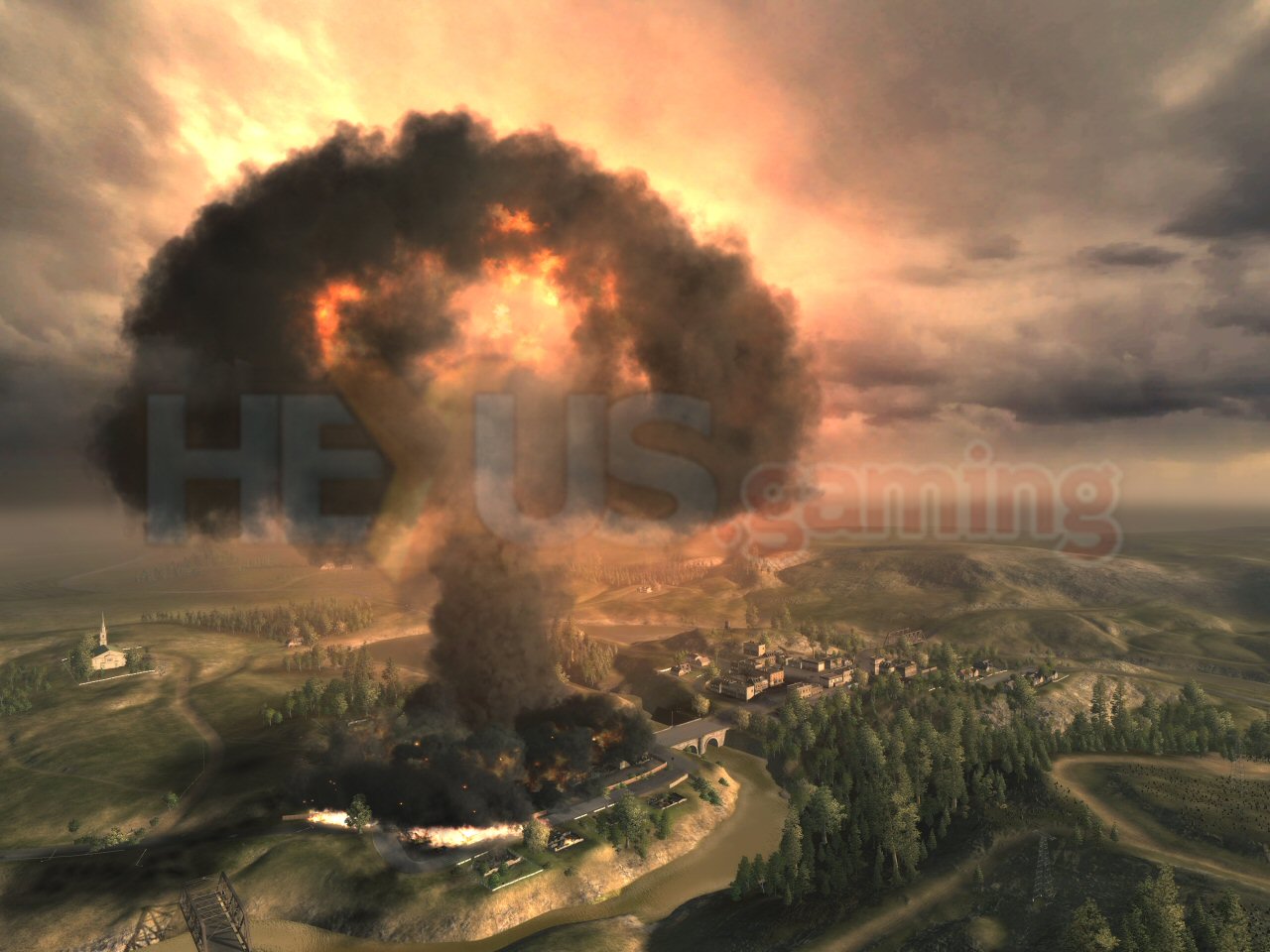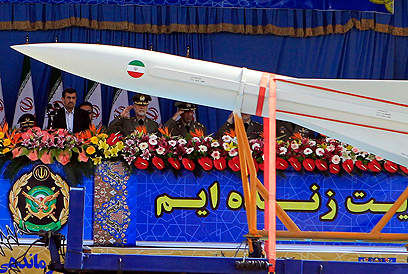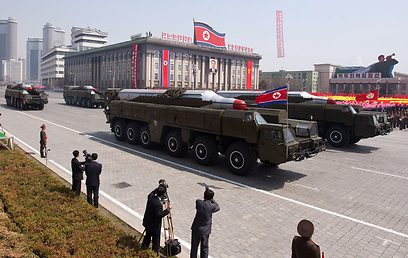Bee's Note: The "word" for today is "IRAN". There are three major front page news reports about the USA;s Department of Defense/Pentagon reporting on Iran's "developing nuclear missiles" capabilities and yet, not one USA newspaper, or its Media, has reported today on what should be a major concern for our country and its citizens. Using a simple Google translator, you can translate the following links:
And, in my search, I came across the following, dated June 11, 2013:
PLEASE INTERPRET THIS: "We have options for their (Iran) acquisition of a nuclear weapon.." However, the Department of Defense, in this article, does not explain what those "options" are, nor does it appear anyone's too concerned about Iran's on-going capabilities.
This news should not be "under the carpet" - hidden to Americans; it should be addressed by this administration publicly, with warnings to the Iranian leadership. Sanctions are not working. How did Iran get so far, with our intelligence monitoring the situation?!
The public does have a right to know exactly what threatens this nation! We should also know what this administration's concerns are for protecting the United States; not have to wait until a yearly address in January, by our president. You see how many Israeli newspapers are reporting this latest news? However, as of this morning I have not found one U.S. newspaper reporting on Iran's nuclear capabilities, or the Pentagon's Report.
John Kerry has visited Israel 5-6 times during the past few months. Has Iran ever been brought up in any of the discussions? Or, are we still more concerned about bullying Israel into making concessions/appeasements with the Arab Palestinians who still refuse to acknowledge Israel's right to exist? The West and this administration certainly have their priorities upside down!
From what I see, the U.S. has given up preventing Iran from gaining their heart's desire! Red lines drawn last year by PM Netanyahu in front of the entire UN audience/members are simply not interested; and one morning, we'll wake up to hear the sounds of a missile from Iran being sent to Tel Aviv - end of story. Because, to-date, the world remains silent.

Yitzhak Benhorin
|
Defense Department report confirms assessment of US intelligence agencies that Tehran is set to test intercontinental ballistic missile as early as 2015; says North Korea exported missiles to Iran and Pakistan; China seen as main threat to US
WASHINGTON - A Pentagon report states that China, Iran and North Korea are aggressively developing nuclear missiles capable of striking the United States and proliferation among these nations of technology is rife, the British newspaper Daily Mail reported Friday.
Related stories:
- Op-ed: What Obama can (and should) do about Iran
- Exiled dissidents: Iran building new nuke site
- Iran: New US sanctions will complicate nuclear issue
"Iran has ambitious ballistic missile and space launch development programs and continues to attempt to increase the range, lethality, and accuracy of its ballistic missile force," states the assessment produced by the Department of Defense's National Air and Space Intelligence Center.

Iranian Sajil missile (Archive photo: EPA)
The report also determines that the number of Chinese land-based nuclear missiles able to hit the US "could expand to well over 100 within the next 15 years" and that North Korea has already deployed its new road-mobile intercontinental ballistic missile, or ICBM, known as the Hwasong-13.

North Korea's Musudan missile (Archive photo: AFP)
"North Korea has an ambitious ballistic missile development program and has exported missiles and missile technology to other countries, including Iran and Pakistan," says the assessment, which was released this week.
China announced a 10.7% increase in military spending to $114 billion in March, the Pentagon report said. Publicly announced defense spending for 2012 was $106 billion, but actual pending for 2012 could range between $135 billion and $215 billion, it said.
According to the Daily Mail, US defense spending is more than double that, at more than $500 billion. Asian neighbors, however, have been nervous about Beijing's expanding military, and this double-digit rise could reinforce disquiet in Japan, India, Southeast Asia and self-ruled Taiwan, which China considers part of its territory.
Obama has sought to reassure Asian allies that the United States will stay a key player in the area, and the Pentagon has said it will "rebalance toward the Asia-Pacific region."
|
